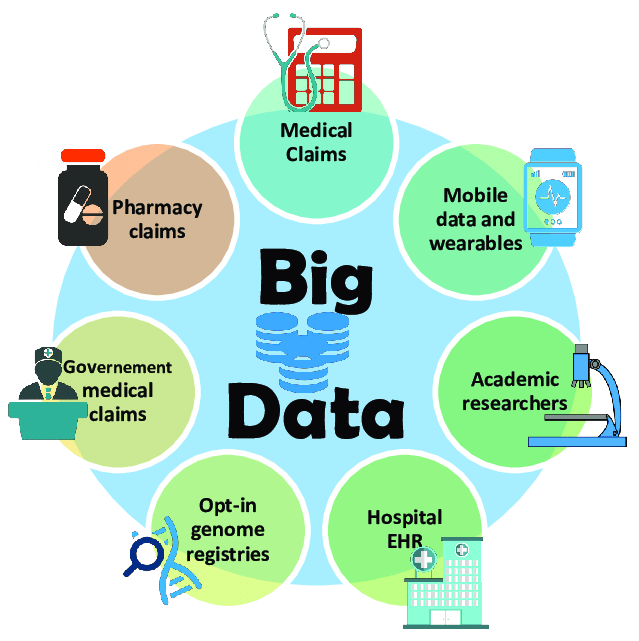Big data analytics in healthcare is the complicated process of analyzing big data to uncover information, including unknown correlations, market trends, customer preferences, and hidden patterns, that help organizations make informed clinical and business decisions. Healthcare analytics is a huge field spanning many different areas, especially operational efficiency, personalized medicine, and clinical delivery. In addition, big data analytics optimize process-oriented spending in healthcare by combining performance modeling with financial and predictive care tracking, improving the health of the population and others. Growth in regulatory compliance in healthcare, increased demand for big data solutions for population health management, increased need for business intelligence to optimize healthcare management and strategy, which is expected to drive the growth of the market.
Community detection is an important task in analyzing large-scale networks, and it has many applications in various fields, including healthcare. In the context of e-healthcare services, community detection can be used to identify groups of patients with similar health conditions, which can inform personalized treatment plans, disease management strategies, and resource allocation.
Request Report Sample – https://www.alliedmarketresearch.com/request-toc-and-sample/13770
The massive amounts of data generated in healthcare, including electronic health records, medical images, and sensor data, require sophisticated analytical tools to make sense of them. This is where AI comes in. AI techniques, such as machine learning and deep learning, can help analyze large datasets, identify patterns and relationships, and make predictions.
In the context of community detection for e-healthcare services, AI can be used to develop algorithms that can automatically identify patient groups based on their health conditions, treatment histories, demographic information, and other relevant data. These algorithms can also be used to identify correlations between different patient groups and their health outcomes, which can inform the development of new treatment strategies.
AI can also be used to analyze data from digital health devices, such as wearables and sensors, which can provide real-time data on patients’ health and behavior. This data can be used to identify patient groups based on their lifestyle habits and environmental factors, which can inform preventive care strategies and improve overall health outcomes.
Overall, the role of AI in big data intelligence of community detection for digitalization e-healthcare services is to help healthcare providers make sense of the massive amounts of data generated in healthcare, identify patient groups with similar health conditions, and develop personalized treatment plans and preventive care strategies. This can ultimately lead to better health outcomes and more efficient use of healthcare resources.
Know More- https://www.alliedmarketresearch.com/big-data-in-healthcare-market-A13401


